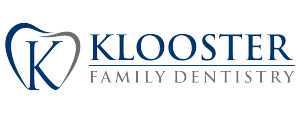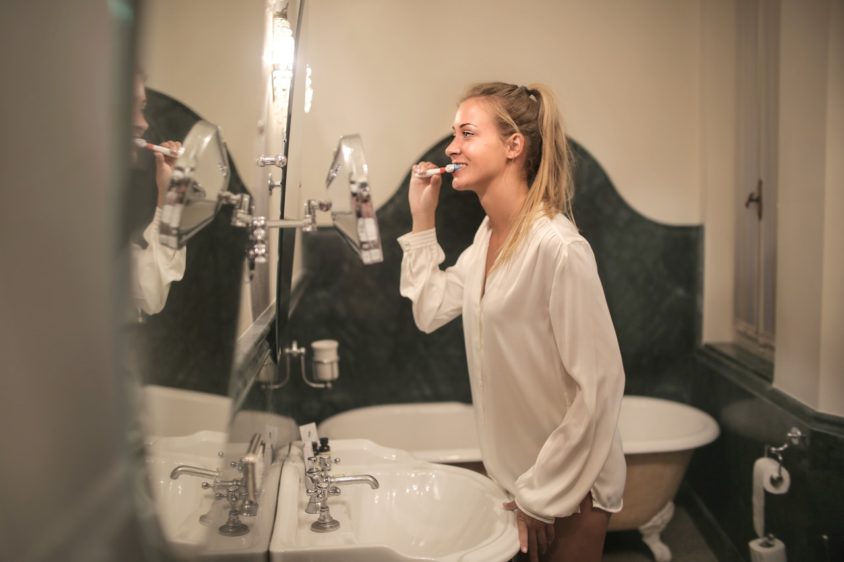It’s a debate most of us have on the daily. You wake up after a refreshing night of sleep with morning breath. You’re looking forward to your hot cup of coffee and plate of bacon and eggs. Whether you’re put off by the idea of chasing toothpaste with a glass of orange juice or just want to make sure you get all the food out of your teeth before starting your day, many people delay brushing until after eating breakfast. But what’s best for your oral health?
You know you need to brush at least twice a day. But when it comes to your morning routine, is it better to wait? Believe it or not, the few studies that have looked into this debate have mixed results. There are pros and cons for each option.
The Case for Brushing Before Breakfast
Bacteria levels are at their peak when we first wake up – that’s why morning breath can be so bad. When combined with a sugary breakfast full of carbohydrates, this can be a recipe for cities. Conditions are perfect for bacteria to flourish. They release acids that break down your enamel. Brushing before breakfast clears that bacteria away, reducing the chances of them feeding on your breakfast.
Brushing before breakfast can also jumpstart saliva production. Saliva is actually one of the most protective forces for your teeth. It helps strengthen teeth by depositing minerals that bacteria has eaten away overnight. Salica also contains bicarbonate that neutralizes acidity. Plus, if you toothpaste contains fluoride, your teeth will become more resistant to decay by strengthening enamal and reducing acid from breakfast.
Why Brush After You Eat
Waiting until after breakfast to brush isn’t a terrible idea. Even if you manage to brush before breakfast, you’ll still have some bacteria lingering in your mouth. You may as well brush afterwards to minimize the impact that lingering breakfast food has on your teeth. Fluoride from your toothpaste will also work better throughout the day if it’s not immediately displaced by food right after brushing.
There’s also your enamel to consider. Brushing your teeth too soon after a meal – especially if you’re drinking orange juice or coffee – can damage your enamel. Experts say, however, that the damage done will be relatively minimal and shouldn’t impact your oral health. If you can, delay brushing for 30 minutes after you eat.
Get Help with Your Brushing Routine
If you have specific questions about your oral health habits, talk to your dentist about your concerns. The Klooster Family Dentistry team can shed light on your options and give advice on how to maintain the cleanest, freshest smile possible. To learn more, call us or contact the Klooster Family Dentistry team online.

